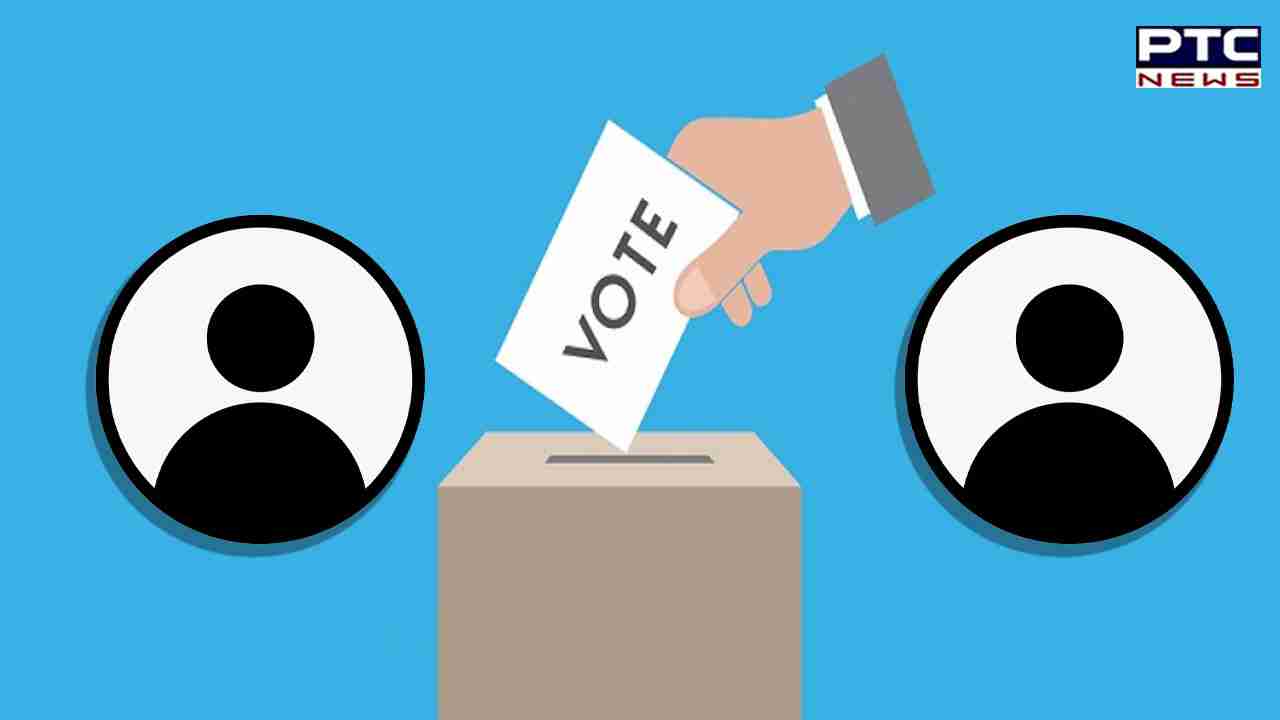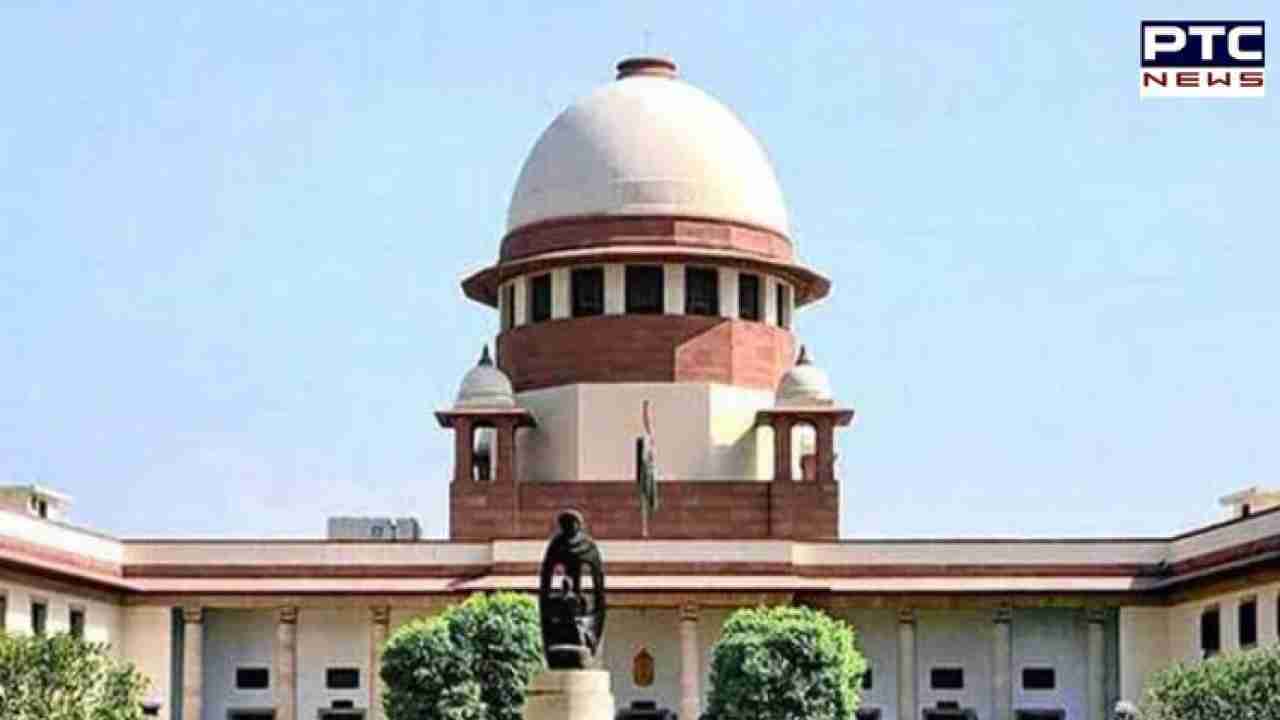

'We can go back to paper ballots', says SC as it hears petitions on EVM-VVPAT cross-verification
PTC Web Desk: The Supreme Court on Tuesday heard arguments on a series of petitions seeking the cross-verification of votes cast on Electronic Voting Machines (EVMs) with the paper slips generated by the Voter Verified Paper Audit Trail (VVPAT) system.
The main concern raised by the petitioners, which include the Association for Democratic Reforms (ADR) and activist Arun Kumar Agarwal, is that voters should be able to verify that their votes have been recorded accurately and transparently.
Justice Sanjiv Khanna pointed out the challenges associated with reverting to a paper ballot system, recalling issues with the secret ballot method that existed in the past. He questioned the practicality of reverting to such a system given the large number of registered voters in India, which amounts to around 97 crore.

Counsel for the petitioners, Prashant Bhushan, argued that most European countries that previously utilised EVMs have returned to paper ballots due to concerns about the reliability of EVMs. He suggested that the current process, which only cross-checks a sample of five percent of VVPAT slips, is insufficient for ensuring the integrity of the voting process.
Justice Khanna expressed concern about the human intervention involved in the EVM system and the associated potential for errors and biases. He called for a discussion on how to minimise the chances of unauthorised changes to the machines or software. He also noted that there is a lack of strict penalties for tampering with EVMs, which could compromise the election process.
The petitioners proposed allowing voters to handle their own VVPAT slips and deposit them in a separate ballot box to increase transparency. However, the court expressed apprehension about this approach, fearing it could cause delays or interruptions in the election process if a significant portion of voters raised objections.
The petitioners emphasised the need for greater confidence in the voting system, arguing that the current procedure, which includes a brief seven-second display of the VVPAT slip, is not enough to ensure voters that their ballots have been recorded accurately. They called for the counting of all VVPAT slips to ensure a fair and transparent process.
The court, represented by Justices Khanna and Dipankar Datta, acknowledged the importance of addressing any gaps in the legal framework surrounding the use of EVMs and VVPATs. Justice Datta warned against drawing comparisons between India's voting process and that of smaller countries such as Germany, emphasising the significant difference in population size and the need for a unique approach tailored to India's context.
The Election Commission of India was tasked with providing data on the current voting process, the storage of EVMs, and the counting of votes. The court stated its preference for basing decisions on concrete data rather than opinion-based surveys.
The hearings will continue on Thursday, and the Supreme Court is expected to review further evidence and opinions on the matter.
The petitions ask the court to direct the Election Commission and the Centre to ensure that voters can verify through VVPATs that their vote has been properly recorded and counted. The ADR's petition also references a 2013 Supreme Court verdict in Subramanian Swamy versus Election Commission of India, which underscored the importance of voter verifiability.
- With inputs from agencies
